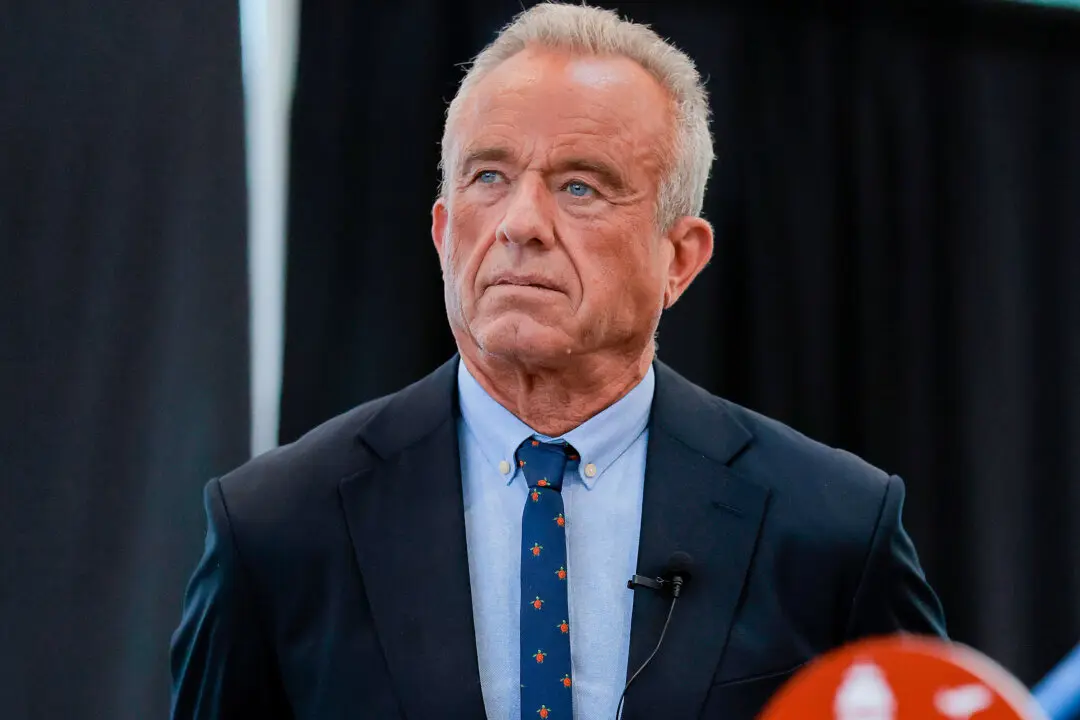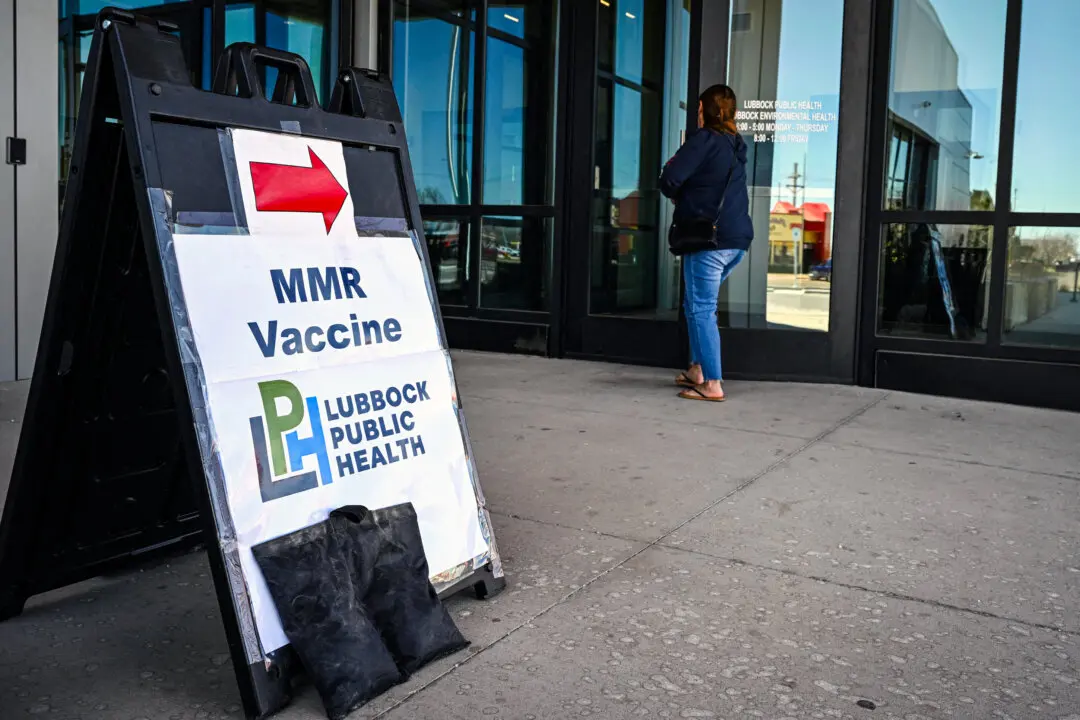Japan’s Fujifilm said Wednesday it’s begun to boost production of Avigan, a flu drug being studied for use in COVID-19 patients.
The company announced a target of producing enough of the drug to treat 100,000 patients in July, or 2.5 times the current production, before ramping up efforts further in the hopes of distributing enough of the drug to treat 300,000 patients in September, equal to seven times its production.





